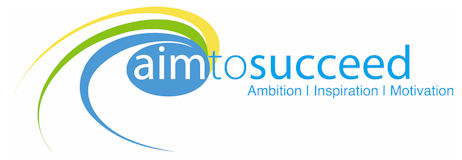When you volunteer to do something there is usually an overriding desire to achieve, to get something done for a better purpose. A passion that drives you on.
There are a number of influences that have driven me to write this post:
- Talking to Jamie Dunn about the difference between formal and self education
- Personal reflection on the topic of Lead Yourself, part of the new Leaders Workshop I am working on with Kai Roer
- And starting to listen to ‘Leadership Great Leaders Great Teams Great Results’ by Stephen R Covey, where he talks about the concept of employees being volunteers and therefore needing to be lead rather than managed to get the best out of them.
All of these got me writing…. It all starts with Personal Responsibility.
Being part of a voluntary organisation in my spare time, I often hear ‘they are volunteers, you can’t expect x,y,z they are not getting paid for it’
Personally I think I can have expectations as it’s nothing to do with money it is about giving your word. As a volunteer myself I do expect those around me to do what they commit to, if they don’t it impacts my volunteered time and energy, but it goes further than that, let me explain.
In a company you are contractually bound to do your work, if you don’t the long and short of it is you get fired. (After a fair and documented process obviously!)
If you volunteer to do something in a voluntary organisation you are personally bound to do it. You are responsible for your own word and for ensuring the task is done.
The only carrot or stick influence involved in a voluntary organisation, is to you and your reputation, you either do (and improve/maintain your reputation) or you don’t (and damage it)
If your situation changes, protect your reputation and let people know, communicate, share, re-attribute the work. (They only need to know about the tasks, your personal details are your business, a simple ‘I can no longer complete the task’ is sufficient)
This is your personal responsibility when you take on the task.
This lead me to the thought that this in essence is all you really ever need to do.
Lead yourself, be personally responsible for your word and your actions in everything you do, your relationships, your studies, your work, your play. When you do this you will set yourself up to succeed at everything you put your mind to, there is no one else to blame, to make excuses for, to hide behind.
So be your own volunteer, decide what better purpose you want for yourself and do something about it. Once you have committed to doing it respect yourself and put your best efforts into it. If your circumstances change admit it, realise the impact of those changes and re-attribute your tasks (personally or externally)
It is your life so live it and be responsible for it, live it to the fullest.

